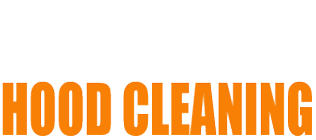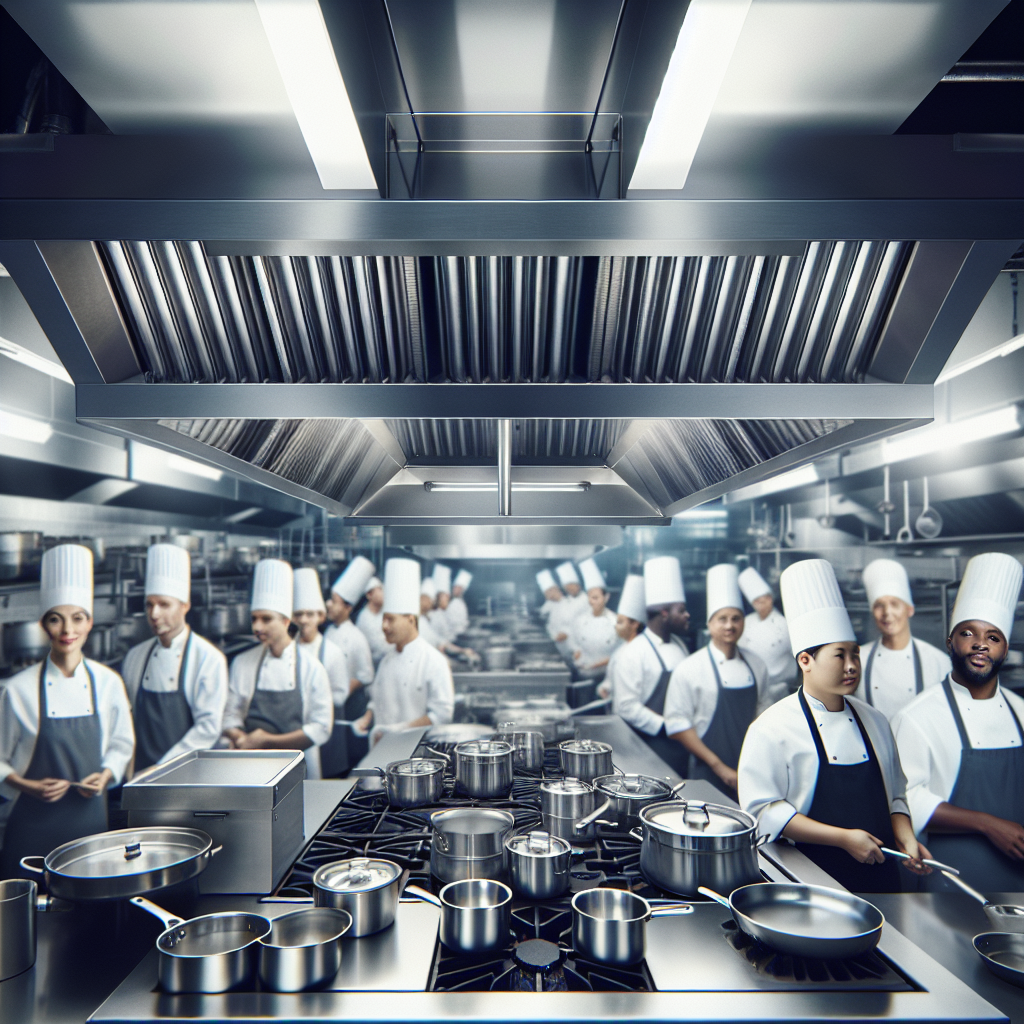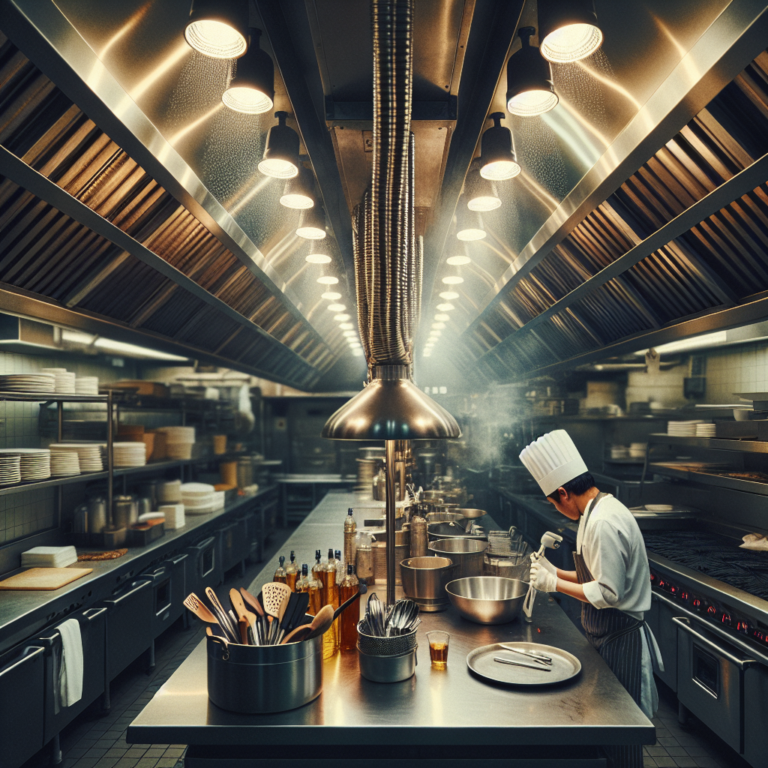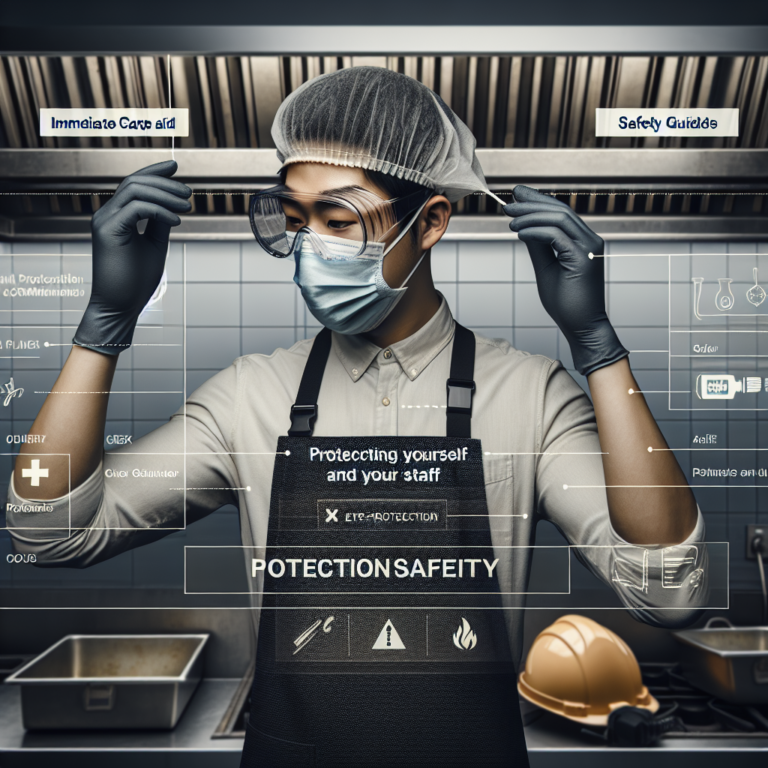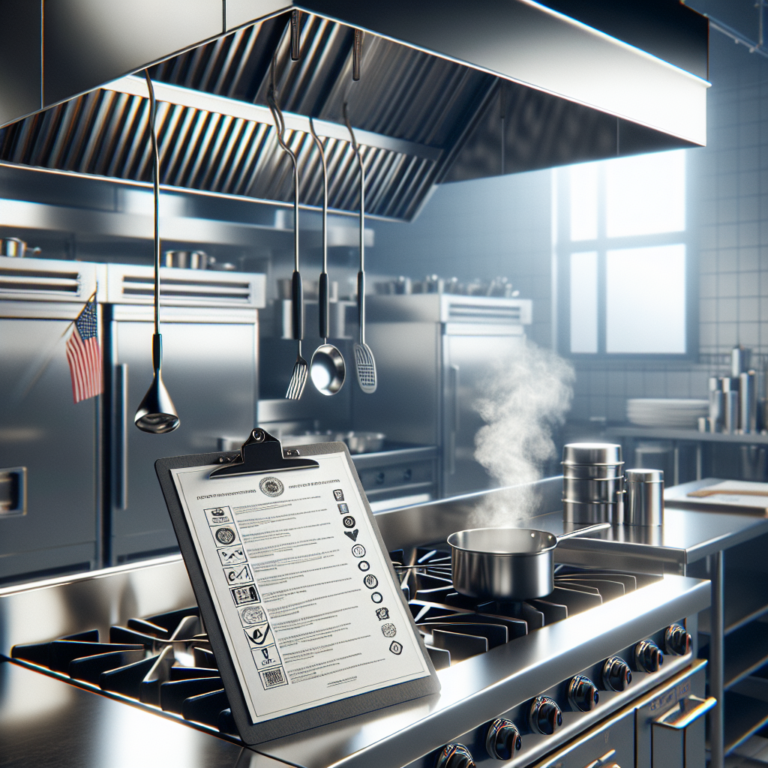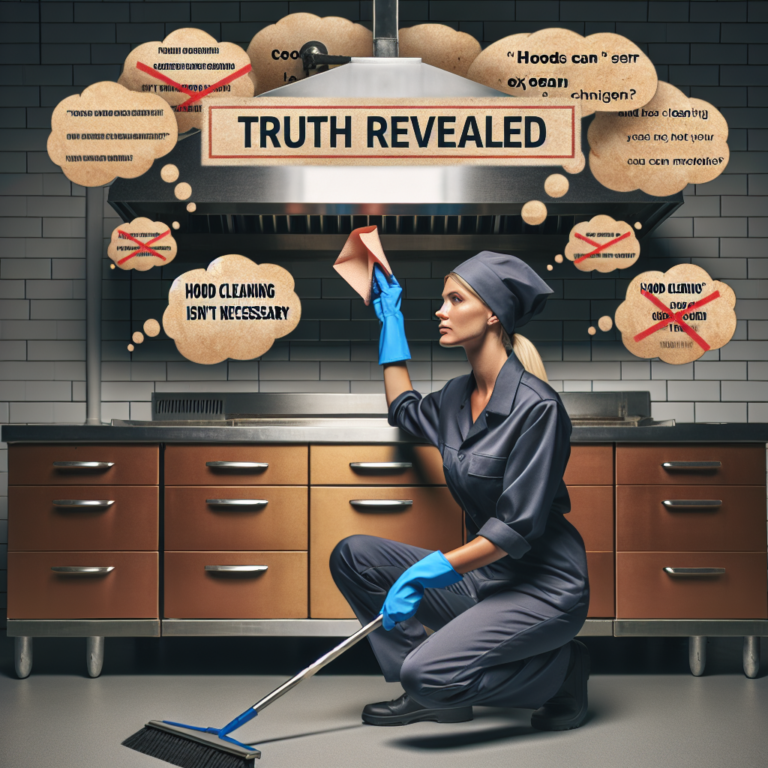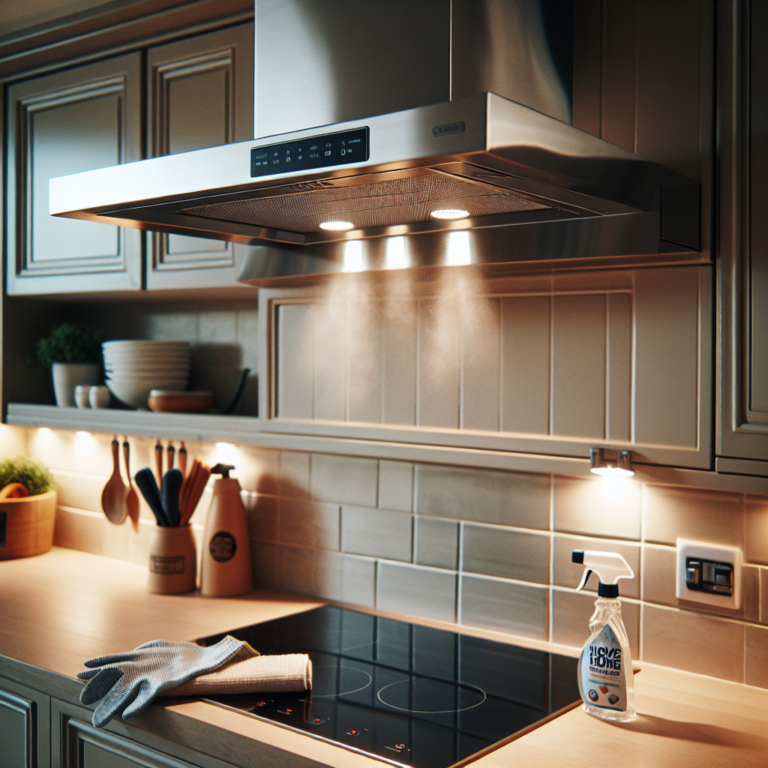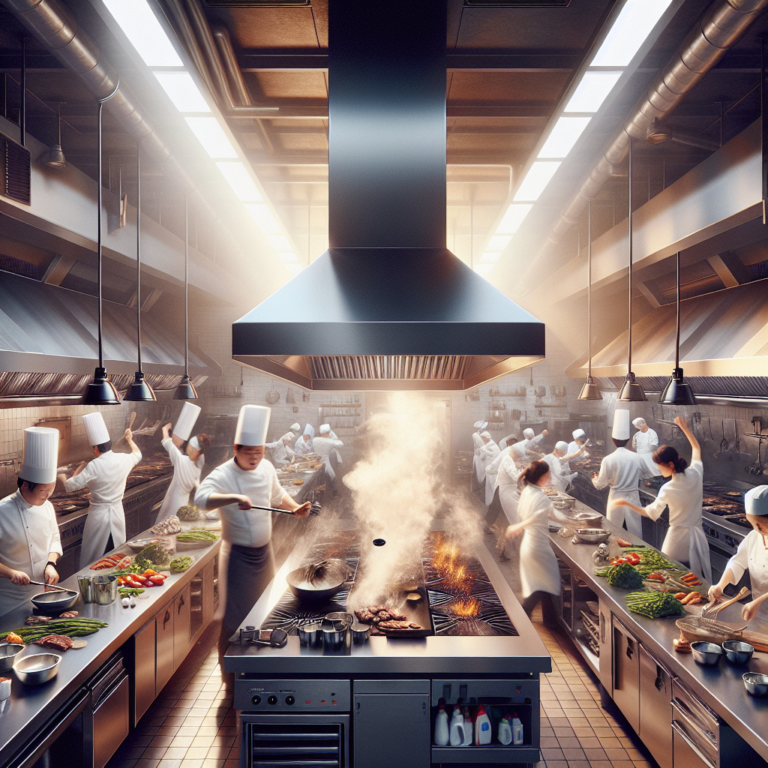The Importance of Regular Hood Cleaning in Preventing Kitchen Fires
Introduction
Managing a commercial kitchen in Atlanta involves juggling countless tasks, from ensuring food quality to maintaining hygiene standards. Yet, one critical aspect that often goes overlooked is regular restaurant hood cleaning. This task isn’t just about cleanliness; it’s about safety. Regular hood cleaning acts as your kitchen’s fire safety net, preventing potentially catastrophic fires and ensuring the safety of your staff, customers, and property.
Why Is Hood Cleaning Important?
Every commercial kitchen produces massive amounts of grease and grime, which accumulate in the hood and exhaust systems. This buildup poses a significant fire hazard. According to the National Fire Protection Association (NFPA), more than 10,000 commercial kitchen fires occur annually in the United States, many of which could be prevented by regular commercial kitchen hood cleaning.
Prevents Fire Hazards
The primary cause of commercial kitchen fires is the buildup of grease. Grease is highly flammable and can ignite quickly, leading to devastating consequences. Regular hood cleaning ensures that these flammable residues are removed, reducing the risk of fire significantly.
Improves Air Quality
A dirty hood also compromises the air quality in your kitchen. The constant cooking produces smoke, steam, and odor, which the exhaust system is supposed to eliminate. When the system is clogged with grease, it can’t function efficiently, leading to poor air quality that can affect the health of your kitchen staff.
Ensures Regulatory Compliance
Health and safety regulations mandate regular exhaust hood cleaning to ensure the safety and hygiene of commercial kitchens. Failing to comply with these regulations can lead to hefty fines and even the closure of your restaurant. Regular hood cleaning ensures you remain compliant with local Atlanta regulations and avoid unnecessary penalties.
How Often Should You Clean Your Hoods?
The frequency of restaurant hood cleaning depends on the volume and type of cooking your kitchen handles. Here are some general guidelines:
- High-Volume Kitchens: If you operate a 24/7 kitchen or engage in heavy grilling or frying, you should clean your hoods every month.
- Medium-Volume Kitchens: For restaurants that are busy but not open around the clock, quarterly cleaning is advisable.
- Low-Volume Kitchens: If your kitchen operates only a few times a week, bi-annual cleaning may suffice.
The Hood Cleaning Process
Step 1: Preparing the Area
The first step in hood cleaning involves preparing the kitchen. This means covering all cooking equipment and surfaces to protect them from cleaning chemicals and debris. Safety precautions are also taken to ensure the cleaning team and kitchen staff are protected.
Step 2: Removing Grease and Grime
Specialized degreasers and tools are used to scrape away the layers of grease that have accumulated in the hoods and exhaust ducts. This is arguably the most critical step, as it’s the grease that poses the fire hazard.
Step 3: Cleaning the Filters
The filters in your hood system trap grease and particles, so they need to be cleaned or replaced regularly. Dirty filters inhibit airflow, exacerbating air quality issues and fire hazards.
Step 4: Inspecting and Polishing
After the grime is removed, a thorough inspection ensures that all components are functioning correctly. The hoods are then polished to remove any remaining residue and to provide a hygienic, aesthetically pleasing finish.
DIY vs. Professional Hood Cleaning
While some restaurant owners might consider DIY hood cleaning, it is highly recommended to hire professionals. The task requires specialized equipment and knowledge that only experienced professionals possess. Amateur attempts often result in incomplete cleaning, leaving hidden fire hazards.
Professional commercial kitchen hood cleaning services in Atlanta offer comprehensive cleaning that meets all safety and health regulations. They also provide documentation upon completion, which is essential for regulatory compliance.
Conclusion
Regular hood cleaning might seem like an additional chore, but it is vital for maintaining the safety and efficiency of your restaurant’s kitchen. Skipping this critical task can result in poor air quality, regulatory fines, and worst of all, devastating fires.
If you’re in Atlanta and need help with hood cleaning, look no further. Ensuring your kitchen is safe and compliant shouldn’t be a hassle. Reach out to the experts who can provide professional, thorough service, giving you peace of mind and a safer kitchen environment.
